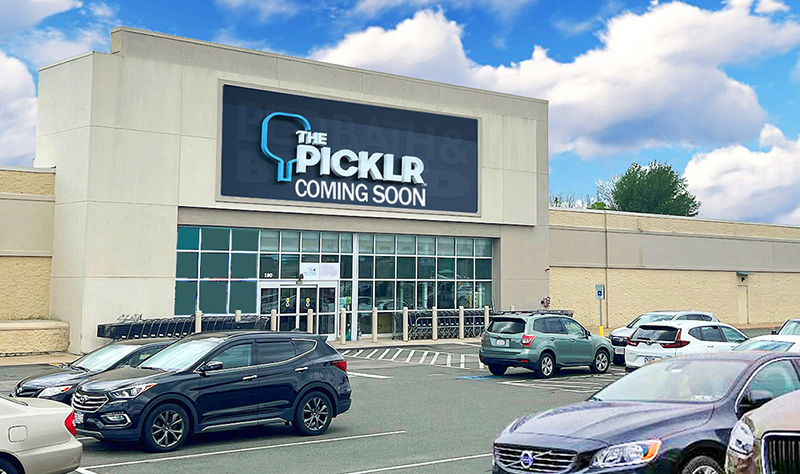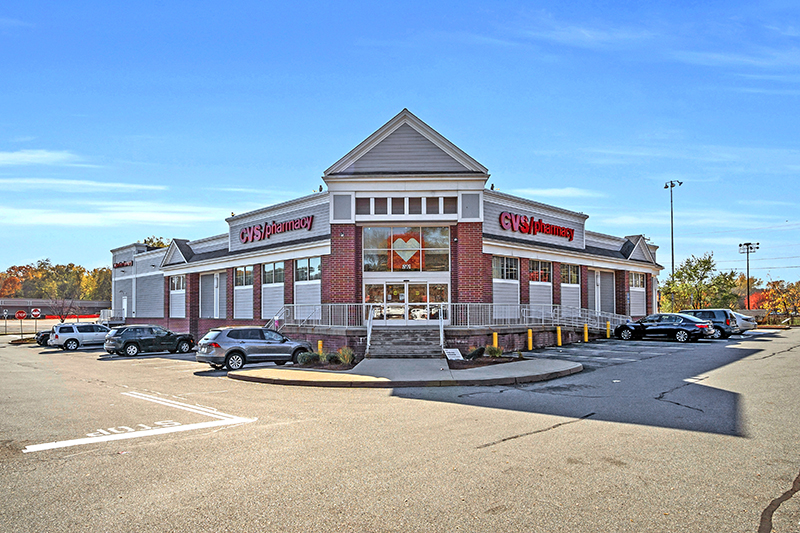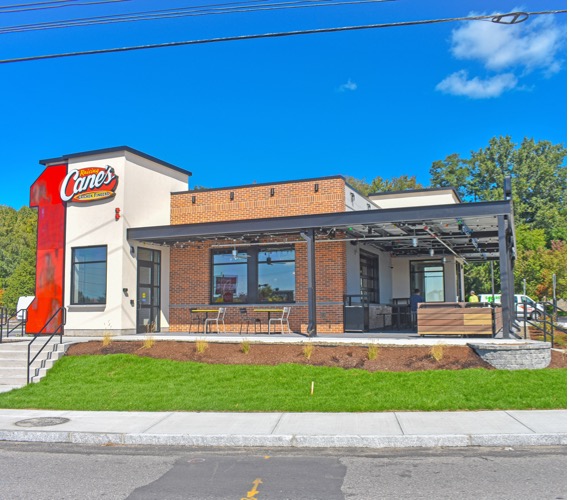News: Retail
Posted: January 21, 2010
Repositioning of properties is a must for property owners and developers to survive
This is the year of change in the commercial investment real estate area.
With vacancies, bankruptcies of retailers, property owners and developers, one needs to realize that repositioning of properties are going to be a must to survive.
To begin with, large regional malls, in my opinion, are an item of the past. It has been 50 years since the first one was built and all had the same format, large department stores as anchors with smaller retailers, food courts, etc.
With the folding of Fortunoff, Boscovs, Filenes, Mills, General Growth and others, the question is what to do with those large white elephants??? One thought is repositioning them, same as the smaller strip centers are doing. For example, converting that space into residential apartments or offices. Yes, they are large but it has been done in the past, with mills, warehouses, lofts buildings, etc. Why not these spaces? The buildings are up; the infrastructure is in place and can have a built-in consumer base.
Another area is the big box retailers or tenant, that is Office Depot, Office Max, Drug Fair, supermarkets as well as other closings like Jones Apparel 225 stores in 2000, Pier 1 with 80+ stores, Ritz Camera, Wolf Camera Division 400 stores, Borders with most of the Walden Books, and there are many others that have left centers. I believe the only choice in these instances and others is to reposition those vacancies into other useable space for smaller tenants at attractive rates.
Even Sears and J.C. Penney are moving from the regional malls to smaller 25 to 30,000 s/f stores; it is like getting back to the future, as this is how Wal-Mart and others started out. Here the trend is to be more flexible and nearer the consumer - the rebirth of the neighborhood center.
Let me say, I have been in the business since 1958; there have been 11 such recessions before this one and we have come back stronger each time. Those of you, who are new real estate professionals, consider that in the seventies the interest rate was 23-25% on loans. The difference with this recession is that it is broader and worldwide and affecting different segments not only real estate but banking, insurance, manufacturing and financing, etc.
Mentioning financing brings up another segment that has to be addressed and understood by seller and buyers that, for the foreseeable future, interest rates will be higher, equity required will be greater (25% at least) and sellers will have to understand that not only buyers but lenders are looking for higher cap-rates in the range of 8% to 9% and greater scrutiny on expenses and reserves.
Banks, insurance companies and other financial institutions are taking a long and hard look at the financials of properties as well as purchasers. As stated, the loan to value (LTV) is and will be in the 70% range for quite some time.
The financial institutions are looking very hard at the income of properties and are using higher factors for vacancy. Reserves and management for example, I have seen 8-10% for vacancy, even if fully occupied, 5-6% reserves for repairs, and 3-5% for management.
This lowers the NOI (net operating income) and affecting the cap rate that potential investors look at, meaning a seller will need to be more realistic in their asking price. With all that it still will be hard to finance with larger banks. This may be the time to consider the local banks and savings institutions and begin to build relationships. These institutions are doing loans in the $3-10 million range. In the coming 18 months it has been said that $400-600 billion of commercial mortgages will be coming do and the mortgages to replace them certainly will be of a higher rate of interest.
This financial crisis, resulting in the present recession is not the fault of the commercial real estate business, but was the result of the financial institutions with the marketing of the residential mortgages and the easy credit which flowed to borrowers.
But as I have said earlier we have worked through and survived the other recessions; therefore, we will do it again with imagination, innovations and intuitiveness and just plain hard work. In the long haul it is possible for our economy to benefit from the changes which will ultimately occur. We can become more realistic in our approach as well as more grounded in our purpose.
Julius Borrus principal at Borrus Associates, Inc., Red Bank, N.J.
Tags:
Retail
MORE FROM Retail
Mace of KeyPoint Partners negotiates 36,192 s/f lease for The Picklr at Endicott Square
Danvers, MA KeyPoint Partners (KPP) negotiated a lease with the nation’s premier indoor pickleball venue The Picklr at Endicott Sq. Vice president of retail brokerage Don Mace negotiated the transaction on behalf of the landlord.




.jpg)



